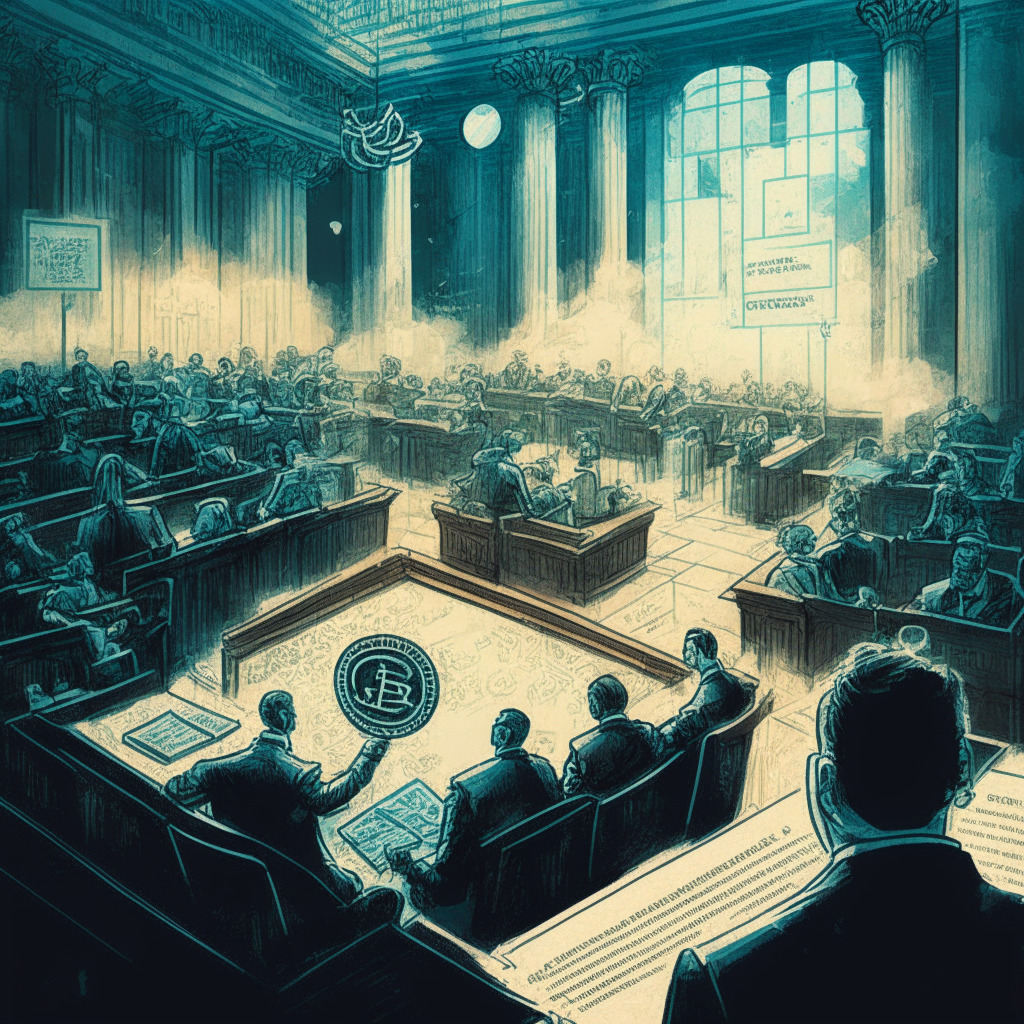The Solana Foundation maintains that the Solana network’s native token, SOL, should not be considered a security, opposing the view of the Securities and Exchange Commission (SEC). This defense comes from the foundation’s belief that Solana is adequately decentralized for regulatory purposes, enabling SOL to maintain its status as a non-security asset.
In a statement, the Solana Foundation emphasized the decentralized nature of the network and its community-based project: “SOL is the native token to the Solana blockchain, a robust, open-source, community-based software project that relies on decentralized user and developer engagement to expand and evolve.” However, this conviction seems to clash with the opinions of some individuals.
An anonymous developer at Solana’s Hacker House in New York City was quoted as saying they don’t believe it matters whether SOL is a security or not. “SOL being a security doesn’t really affect anyone building on top of Solana,” the developer remarked, showing a level of indifference towards the issue. This statement raises the question of whether developers and others working in the blockchain ecosystem should be more concerned about the regulatory implications of their projects.
The SEC has accused Coinbase in a recent lawsuit of offering and selling 13 tokens, including SOL, as investment contracts and securities. Other tokens mentioned in the lawsuit were ADA, MATIC, FIL, SAND, AXS, CHZ, FLOW, ICP, NEAR, VGX, DASH, and NEXO.
Following the news of the lawsuit, SOL’s price experienced a significant drop, but it has since stabilized in the $18-to-$19 range. The lawsuit has shone a spotlight on the ongoing debate regarding the nature of cryptocurrency tokens and their classification as securities. The outcome of these discussions could have a profound impact on the blockchain ecosystem and the industries in which it is implemented.
In summary, while the Solana Foundation asserts that SOL is not a security, some developers appear unconcerned about the token’s classification. This raises questions about the priorities of those working on blockchain projects and the implications of regulatory oversight on the future of the technology. The ongoing discussions surrounding the nature of cryptocurrency tokens and the potential ramifications of their classification as securities will undoubtedly continue to shape the industry for years to come.
Source: Cryptonews




